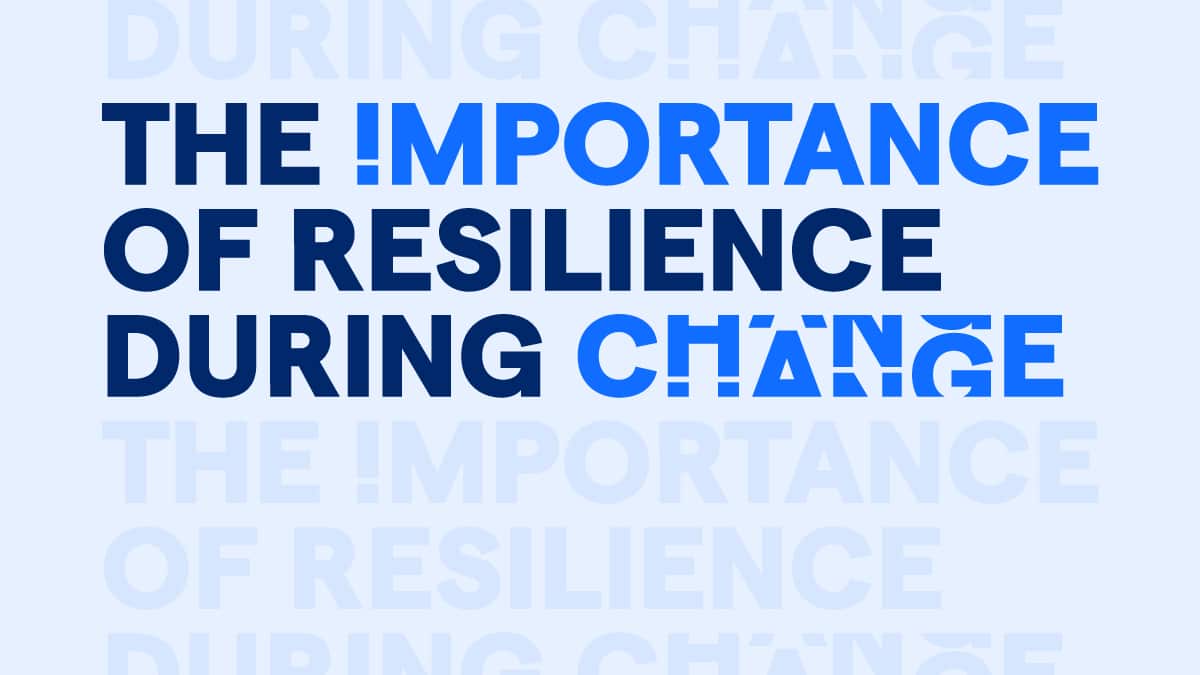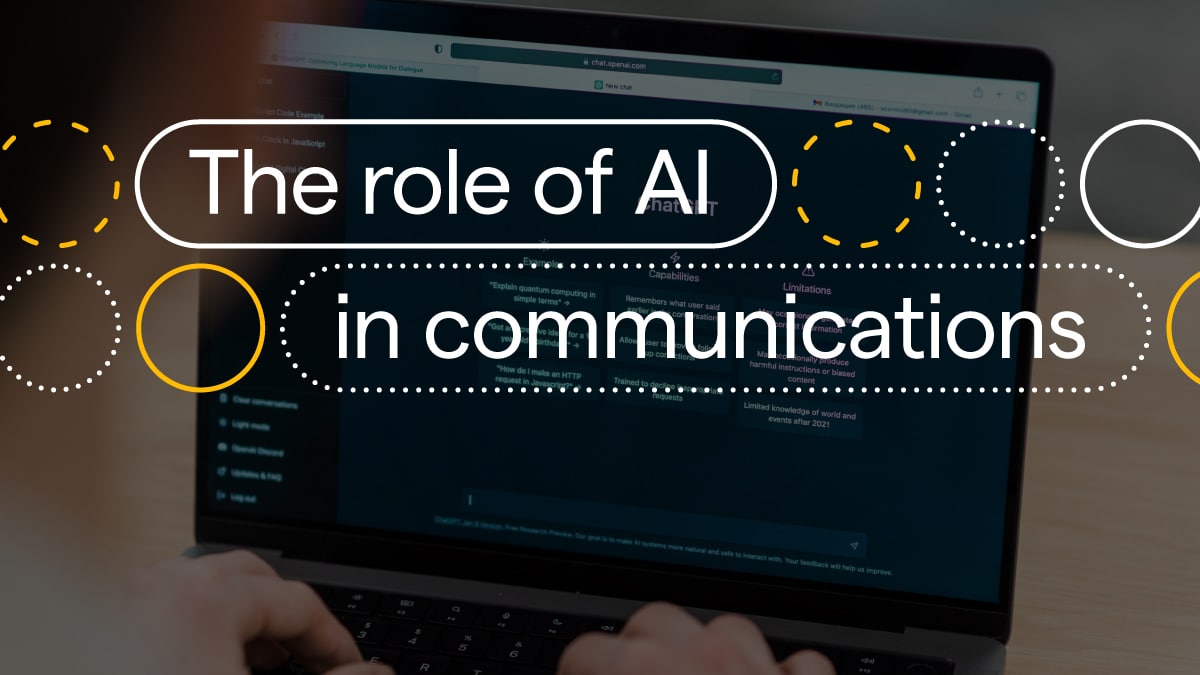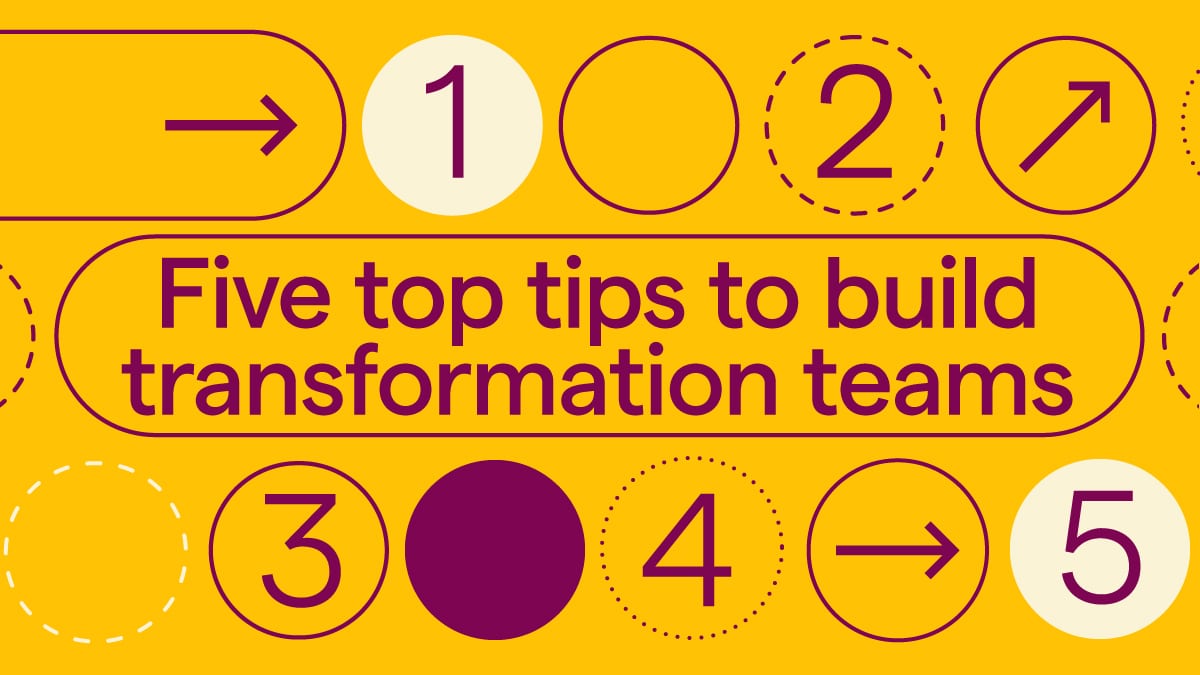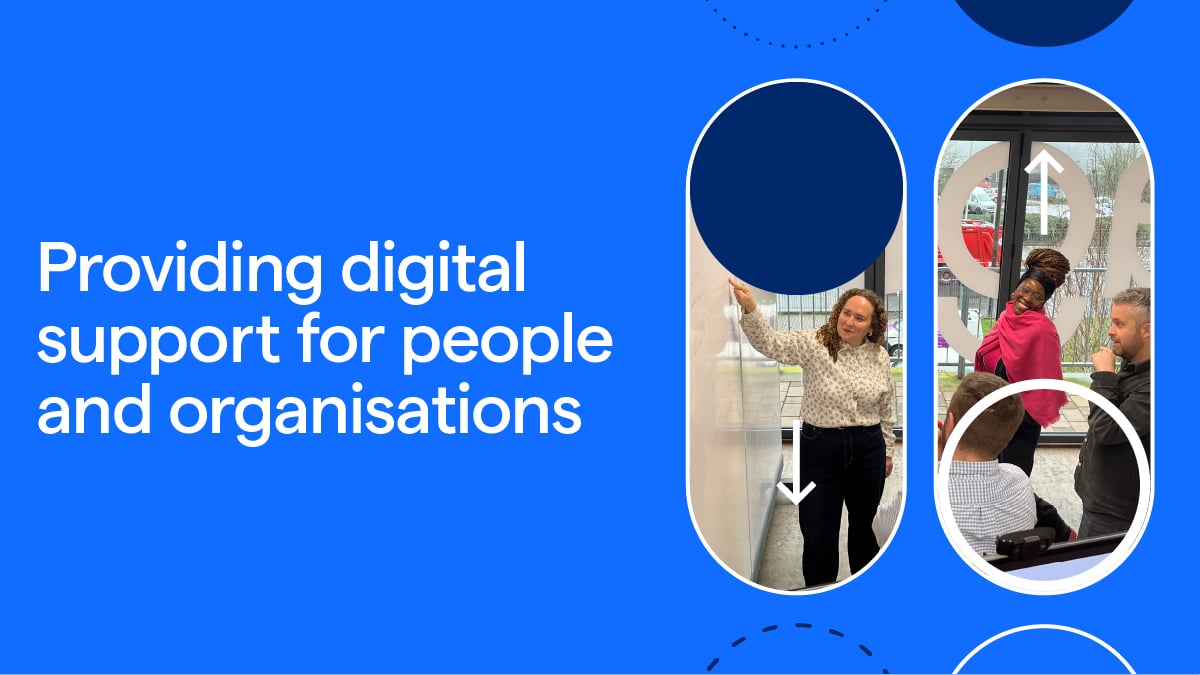The importance of resilience during change
4 min read Written by: Sarah Fea
We’ve all encountered setbacks in our professional careers. The excellent communication campaign that had been in the making for months had to be shelved because of last-minute financial pressures, or the change project that had the team giddy with excitement had to be halted because of fear of resistance. The road to successful digital change isn’t paved with smooth surfaces but riddled with bumps and detours. In the moment, setbacks can feel like insurmountable bumps, but a great project manager’s essential quality will help you bounce back from setbacks and unexpected change: resilience.
What is resilience?
In any context, resilience means the ability to focus on finding solutions and moving forward instead of dwelling on setbacks. Resilient people often see challenges as opportunities for growth, learning, and feedback. I think resilience is learnt; every setback or last-minute change of plan is an extra brick, building a solid foundation towards it.
Why is resilience important in transformation projects?
The ability to adapt, bounce back, and keep moving forward separates successful transformation projects from those that falter. No matter how meticulous your planning plan might be, there will always be unforeseen challenges. Legacy systems might integrate differently than anticipated, user adoption might lag, or external factors could disrupt your timeline. Resilience allows you to roll with the punches and find creative solutions on the fly.
Implementing change initiatives is often met with resistance. Change can disrupt existing working patterns and challenge established norms, leading to resistance from teams accustomed to the old way of doing things. A resilient approach opens communication channels and focuses on the benefits of change, winning over reluctant participants.
What to do when blockers appear
During my career in financial services, a colleague once told me this advice: ‘When issues appear, you must navigate, not derail.’
Those words have been ringing in my ears ever since. Even with the best preparation, you’ll always encounter issues and blockers during digital change.
Here’s how to handle them effectively:
- Identify the root cause: Don’t just attack the symptom. Take the time to understand the underlying reason behind the blocker. Is it a technical issue, a communication gap, or a resistance to change?
- Assemble the right team: Don’t be afraid to seek help from your organisation. Combining diverse expertise can provide fresh perspectives and creative solutions to overcome the blocker.
- Focus on solutions, not blame: Pointing fingers achieves nothing. Instead, channel your energy into brainstorming workable solutions. Encourage creative thinking and consider all possible options before implementing a fix.
- Learn from the experience: Every blocker presents a valuable learning opportunity, even if, at the time, it might not feel like that. Document the challenge, the solution, and the lessons learned. This knowledge will equip you to handle similar situations in the future.
How do we build resilience?
So, how do you cultivate resilience within your digital change initiatives? Here are some essential tips I’ve learnt along the way (but I still have more learning to do!):
- View challenges as opportunities to learn and improve. Encourage experimentation and celebrate failures as stepping stones.
- Agile projects and resilience go hand in hand. Rigid systems struggle to adapt to change. Working in an agile way means building scalable solutions that can grow and evolve alongside your digital transformation journey.
- Always prioritise communication; don’t feel you must navigate uncertainty alone. Keep everyone involved informed, from leadership to the frontlines. Open communication builds trust and allows for early identification and mitigation of potential roadblocks.
By prioritising resilience, you empower your digital change initiatives to weather any storm. Try to embrace the unexpected, focus on open communication, and learn from the road bumps along the way.




